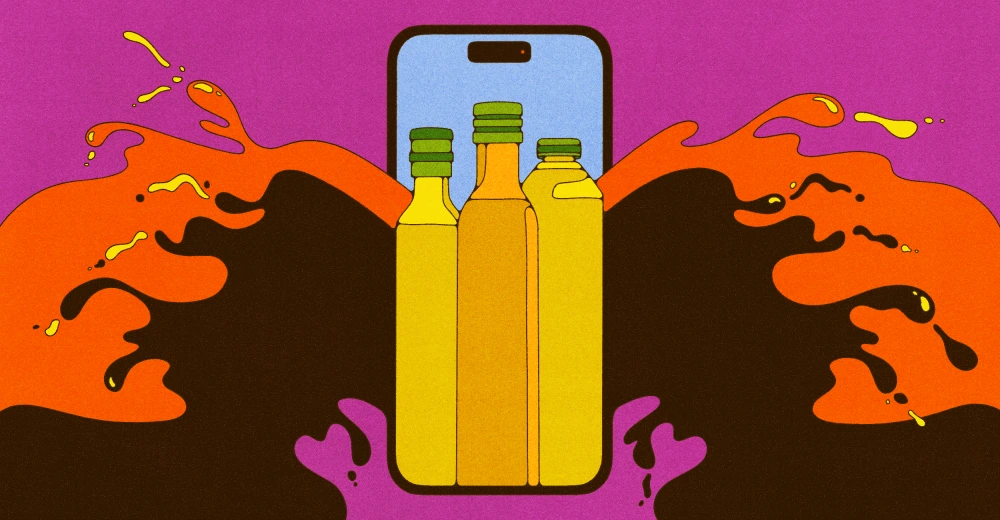Dr. Atul Gawande, former head of Global Health at the U.S. Agency for International Development (USAID), has issued a stark warning regarding the recent decision to shut down USAID operations, particularly in nations like Uganda, where an Ebola outbreak is currently unfolding.
USAID’s Role in Global Health Security
In an interview with Fox News, Dr. Gawande emphasized the critical role USAID plays in global health security, warning that the agency’s closure poses a serious risk to both the United States and humanity at large.
“What is happening right now is dangerous for the United States and humanity. These are people shutting down an agency, having no clue about the work that is being done.” – Dr. Atul Gawande
Despite operating on a budget half the size of a typical American hospital, USAID has played a pivotal role in containing 21 deadly disease outbreaks over the last four years, many of which had the potential to spread to the United States.
Impact on Uganda’s Ebola Response
Uganda is currently grappling with a worsening Ebola outbreak in its capital, Kampala, with several confirmed cases and fatalities.
The World Health Organization (WHO) has allocated $1 million from its contingency fund to support urgent response efforts. However, Dr. Gawande warns that the suspension of USAID activities in Uganda could severely hinder critical interventions needed to contain the virus.
“There is an Ebola outbreak right now in Uganda that is killing people, and all USAID activities in that country have been shut down. That work is critical, and it is not happening.” – Dr. Atul Gawande
Broader Implications of the USAID Shutdown
The decision to suspend nearly all USAID staff and shut down its Washington offices has sparked widespread concern, both domestically and internationally.
The move, spearheaded by Secretary of State Marco Rubio and backed by billionaire Elon Musk, is aimed at reviewing and restructuring U.S. foreign aid programs to align them with national interests. However, health experts fear that the abrupt shutdown could have catastrophic global consequences.
Dr. Gawande highlighted that beyond the Ebola crisis, the USAID shutdown endangers millions of lives worldwide. He pointed out that USAID’s global health programs support:
- 20 million HIV patients, including 6.5 million children, who rely on the agency for life-saving antiretroviral medications.
- Malaria and tuberculosis treatment programs, which prevent thousands of deaths annually.
- Global vaccination campaigns critical in preventing disease outbreaks.
“These are people whose medicines are required for them to stay alive. This is dangerous and bad for American security.” – Dr. Atul Gawande
Global Health Experts Raise Alarm
Public health experts and humanitarian organizations have raised serious concerns over the shutdown’s ripple effect on global disease control efforts.
The potential long-term damage caused by the USAID suspension could lead to:
- Uncontrolled outbreaks of infectious diseases due to lack of emergency response mechanisms.
- Increased mortality rates among vulnerable populations dependent on USAID-funded medical programs.
- Weakening diplomatic ties with countries that rely on U.S. health assistance.
Final Thoughts
As the USAID shutdown continues to unfold, pressure is mounting on the U.S. government to reconsider the decision before the consequences become irreversible.
The world is watching closely as Uganda’s Ebola crisis intensifies, with many questioning whether political maneuvers should come at the expense of global public health.
Stay tuned for more updates on this developing global health crisis.














